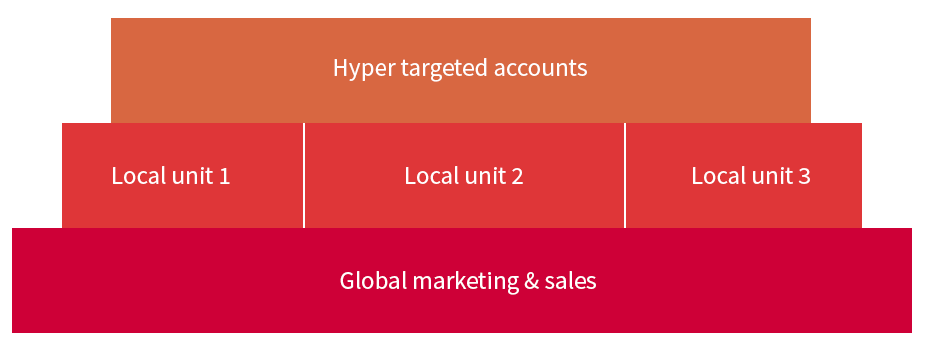Blog
31/03/2020
Salesforce Marketing Automation Governance in a Global Environment
3 minute read
In a global environment the need for clear processes, rules and best practices is further emphasized and these should be part of your Salesforce marketing automation governance model. If done right, marketing automation helps you to do things in scale, decreasing some of the manual work, like duplicating emails and journeys to alternative segments or country-specific audiences – and to have more meaningful conversations with your target audience. Contrary to a common belief, it does not necessarily mean that you can save many resources in your marketing teams but rather that you can use the team’s efforts more productively on tasks that add value.
Work smart, not hard
One of the positive byproducts of implementing marketing automation such as Salesforce Marketing Cloud and related governance models in any company is that you rediscover your marketing processes and increase the alignment of your teams. Because of this, many companies are able to find many symmetries that actually streamline their business tremendously, resulting in more efficient marketing operations and cost savings. Some examples of these include:
- Speeding up decision making
- Optimising the use of resources
- Understanding better the customer lifecycle
- Saving time and effort in replicating (country-specific) content
- Gaining access to a centralised content repository in Marketing Cloud
- Enforcing transparency
- Efficient knowledge sharing
- Faster and easier reporting
A global governance model
A prerequisite for succeeding with a global implementation is to define a governance model that defines how you manage your data and campaigns from a global perspective. This does not necessarily mean that you cannot run localised campaigns, but rather it gives a defined toolkit for your local teams to execute their initiatives. The benefit of this is that the local team can actually work more effectively in Salesforce since some content can be reused or repurposed to their specific needs.
Let’s look at this through an example: Big car manufacturers are often global, but they need a local presence and, through that, local adaptations to the specific market. By utilising marketing automation, these manufacturers can create global campaigns that are then localised. Local units can still create their custom campaigns, still allowing for global reporting and alignment. This means a core team maintains the technology itself worldwide, leaving the local units in charge of the possible regional strategies, content production, and optimization.
–>Read more: Here is the problem: Silos prevent excellent customer experiences
To highlight the idea of it all: A global rollout ensures that the company is not paying for the maintenance of multiple separate software solutions or processes for each local unit. By implementing a global solution with a governance model for marketing automation, everyone is under the same centralised platform that improves everyone’s operations, as well as adds an element of agility to the country-to-country operations as data is now available to all.

Global marketing teams provide the baseline fundament of marketing automation, giving local organisations a defined toolkit to execute local campaigns. Hyper-targeted personalised accounts are managed on another level on top of the structure.
In Conclusion: Salesforce marketing automation governance
On the grand scale, marketing automation is an intelligent engine that drives up internal efficiencies. Through automation, companies can reallocate their employees’ focus on tasks that add actual value. They can focus on more meaningful work, which increases not only the output but work satisfaction as well. A successful rollout is hard work that requires patience and focus, but the rewards are way worth it!

Milla Hallanoro
Director, Marketing Automation Practice
Milla has over ten years of experience in marketing management both from B2B and B2C sectors. Her expertise is built around marketing automation, digital marketing and marketing leadership, one of her strengths being comprehensive understanding of the role of marketing as a part of the overall business. Milla is greatly inspired by the endless possibilities digitalization continues to bring for businesses and for the way they do marketing.
Read next
14/05/2020
